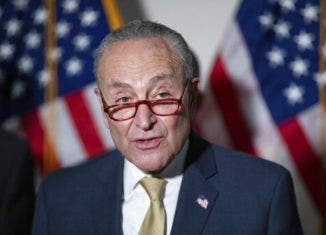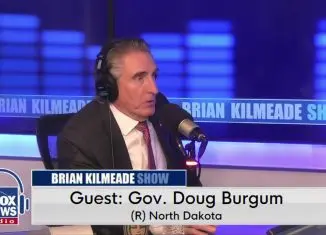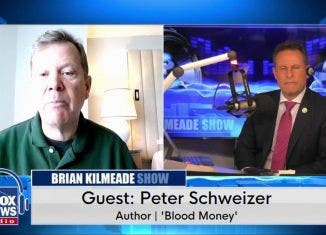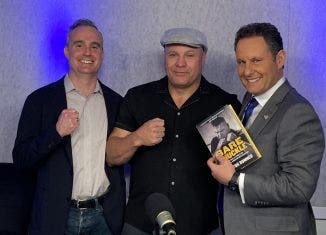Goldman Sachs, Henry Paulson and Ethics
When then Sec. of Treasury Henry Paulson orchestrated the federal bailout of AIG, he knew what President Bush and many others in the government who went along with this did not: That AIG owed $13 billion to Goldman Sachs. Paulson was the immediate past chair of Goldman, and many of the deals that generated this enormous AIG obligation to Goldman had been constructed under Paulson’s watch. He did, of course, sell his stock in Goldman, but he was hardly without interest in the outcome of Goldman’s financial ventures. He did receive a waiver from the White House Legal Counsel, but the White House is and was without power to change the laws. If you are in the government and you have a personal interest in the outcome of a matter before you (because it affects your reputation, your freedom, your family, your property, or your wealth), whether you are a judge, a bureaucrat, a cabinet member, or in the Congress, you are required to recuse yourself from that matter. Paulson did the opposite: He stayed on the case, did all he could to help his former firm, and now says that because a lawyer in the White House was bullied into letting him do so, that made his involvement lawful and ethical. Paulson’s manipulation of the President, the Treasury Dept., the Federal Reserve, and Congress SO AS TO BENEFIT HIS FORMER FIRM, is unethical at best and may be criminal at worst. The feds have a statute that they charge crooked office holders with violating whenever they use their official powers to aid their own interests. It is the “Honest Services Law.” It prohibits anyone in the government from exercising governmental power for the wrong reason. When an office holder uses his powers to aid himself or his friends, it may be argued that he is denying the public his honest services; and that is a felony.





